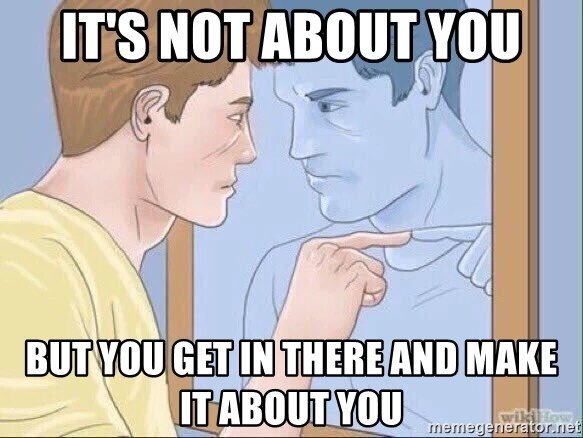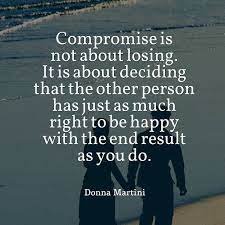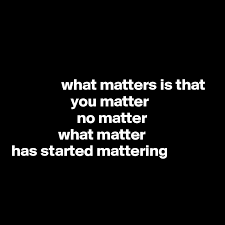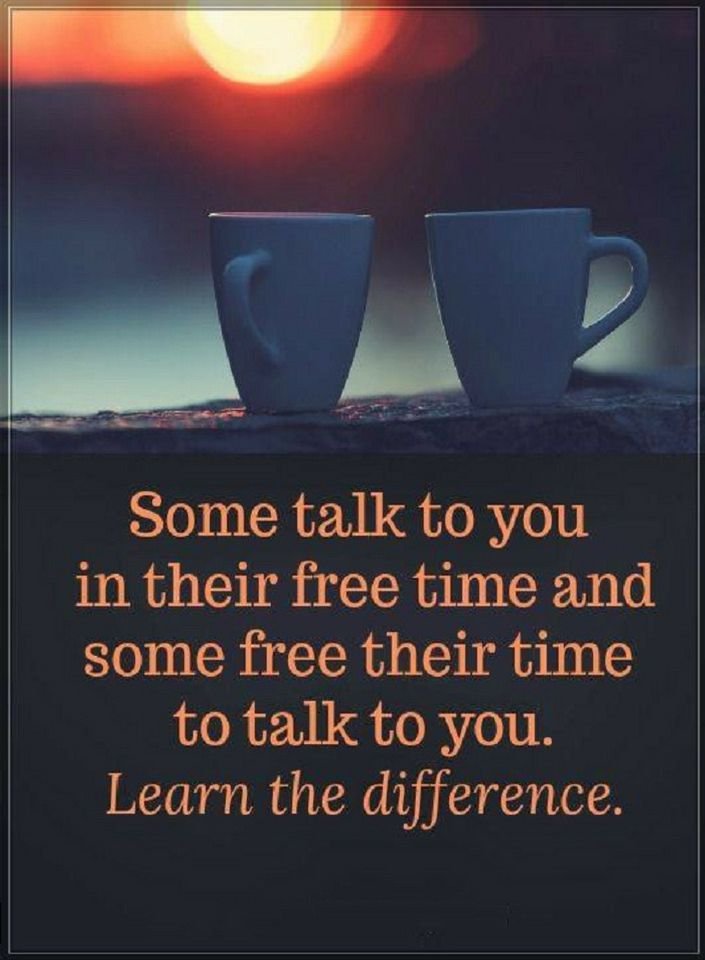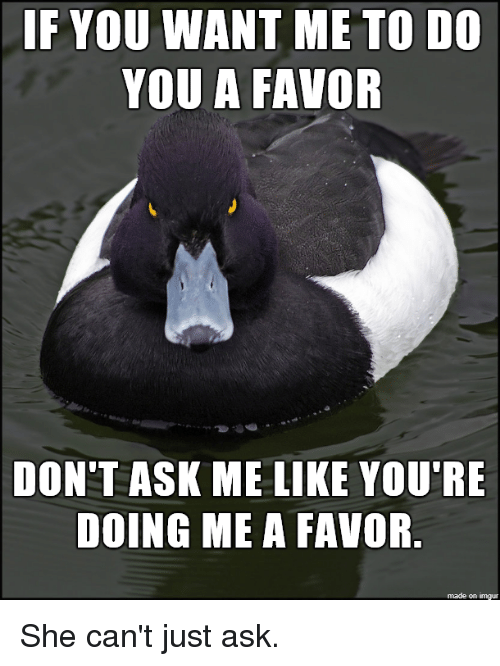In my life, I have not been blessed with many “couple” friends. However that has at times perhaps been fortunate because if you have been friends with a couple, and then they uncouple, it can certainly be tricky to remain friendly with both sides! And although I have limited experience with this, I have encountered 2 sets of best friends, who ultimately parted ways from one another, which I imagine is still a similar scenario.
In one scenario I lost both initially and one later rekindled, and in the other I maintained both all along. In the first scenario my mistake was perhaps asking them not to discuss each other with me. When they were each experiencing a painful loss that they wanted and needed to discuss, I pushed each of them away somewhat by neglecting to allow them to openly express themselves because it made me feel uncomfortable. In the second instance, I allowed them to talk about it. I was careful not to betray confidences, however did at times try to express the other person’s perspective on the issue, without taking sides.
It was actually quite eye opening to see how one situation could be seen so differently from the 2 people involved, and how each was perfectly sound in their perspective and justifications. There really is 2 sides to every story! This helped me not to take sides. Not that I had wanted or intended to, but sometimes you identify strongly with one side over the other.
While I allowed space for both parties to talk about one another, and their experience of the parting, if they veered off into talking negatively about the other person, I was quick to defend the other person and remind each of them that this is still a friend of mine. I did respect that they did not feel very friendly towards each other, but I was not interested in taking sides no matter how much I could validate their individual emotions and experiences.
The second mistake I made with the first pair was allowing them to put me in the middle, and play off one another. You should not play messenger, you should not interfere and tell either party what they should or shouldn’t do, and you should remain completely impartial instead of leaning heavily on the side of one person or the other. This can be really challenging, especially if one party struggles for quite some time and the other seemingly moves on quite quickly.
Inevitably, a time will come, when they will ask you about the other party, and it can be very challenging to answer some of those questions without breaking loyalties and while being honest at the same time. I didn’t want to lie and say the other person was doing well if they weren’t, but I also didn’t want to rub it in anyone’s face, or conversely make anyone feel bad for whatever their experience was. So I had to learn diplomatic language like “everyone copes differently. These things are never simple” or “it’s important to focus on you right now and not on them!” I know at times these vague responses were not what either party wanted, however, they weren’t untrue and each ultimately respected that I wasn’t prepared to go into detail and it wasn’t really ok to ask!
The final difference in how I handled each situation differently, making one more successful than the other was making equal time and space for each person. If one feels on the outer because you are always with their “ex” they will more naturally pull away from you and possibly assume you are taking sides. If your friends were married with kids, offer your support for babysitting to both parties equally, or offer neither a place to stay for example. Try your best to keep it measured.
I have found after many years, each party still occasionally asks about the other, or fishes for information. I do not shy away from the fact that I maintain contact with them both, and after more time passes, I will give details asked for, and move the conversation along. For example I may say that the ex just got married or had a baby. I will say if someone passed away or someone is unwell. As a general rule I wait for them to bring it up. And even if they both talk about reconciliation, I stay firmly out of that. They know how to contact each other if they want to!
The biggest rule is never to say anything about anyone you wouldn’t want them to know you said. They may indeed reconcile at the end of the day – in which case they are likely to discuss what you said. Stay as neutral and positive as possible. Don’t hint or meddle or offer your thoughts on if they should stay together or not. That is for them to decide!
Being in the middle is never easy, so as much as possible direct each person towards the things you share in common apart from the ex, to distance yourself from that common ground place. Work hard to create new memories, support their growth apart from one another and distract them both as much as possible!
❤ Love,
Your Best Friend ForNever
xx








